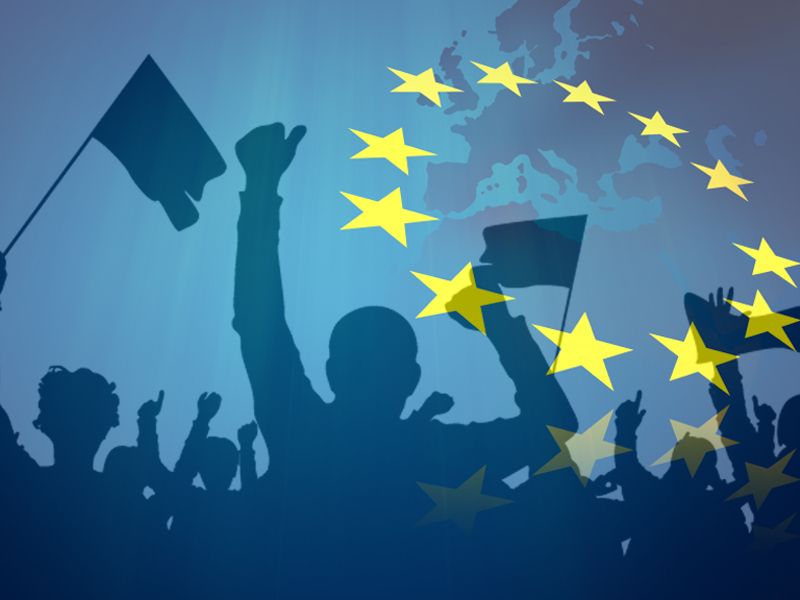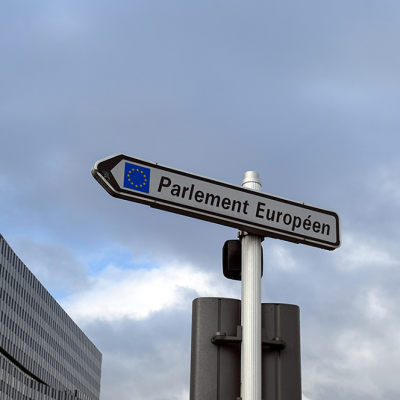Union européenne : pour un acte citoyen
Une initiative proposée par les membres du European Policy Institues Network (EPIN). Uniquement en anglais

The French and Dutch « no » votes have cast doubt on the future direction of the European integration process. The Constitutional Treaty laid out a prospect, but after the double rejection of the text, it is difficult to predict whether it will ever come into force. Indeed, by adding a special declaration addressing the possibility that member states would encounter difficulties in proceeding with ratification, the Heads of State attempted to ensure that rejection by one country would not automatically lead to the immediate « death » of the Constitution. Events have proved that leaders showed a good sense of foresight when they took non-ratification into account.
Nevertheless, the wording does not allow for a legal interpretation in which ratification by the « countries encountering difficulties » would not eventually be required. Ultimately, the Constitution takes the form of an international treaty, which needs the consent of every state. Also, from a political perspective, the negative results of the two referenda cannot be ignored. Any attempt to disregard the results would provoke the opposite effect of what the process had initially intended: to make the EU more democratic and to « reconnect » it with the citizens. In the French case, the referendum was legally binding: to ignore its results would cause not only a political, but also a constitutional crisis. In the Netherlands, the referendum was merely « consultative », but the government promised to respect the results because the turnout of 63.3% was more than twice as high as the government’s initial requirement of 30%.
Still, whatever criticism can be levied against the Constitution, few will argue that the present order is a superior arrangement. Indeed, dissatisfaction with the present EU system has probably contributed significantly to the Constitution’s hostile reception. Clearly, then, any solution to the present crisis will have to be found collectively at the European level, but so far, no viable alternative way forward has come into view. A rerun of the referenda in France and the Netherlands has no credibility at the present time, although we cannot exclude the possibility that new governments in both countries may wish to revive the case for the Constitution after elections in 2007. And even if the Constitution were to be declared « dead », any new revision process would probably have a greater chance of success if it could get some orientation from a text that has already been approved by a majority of the member states. If the justification for any new initiative is merely based on the present deadlock in the ratification process, it could even prove counterproductive, especially in countries that have already ratified the draft treaty and that would now witness their national vote being discounted before every member state had its say.
However, with or without the EU Constitution, any attempt to resolve the present crisis will remain futile if in the meantime Europe’s politicians fail to revise their present practices and do not succeed in engaging citizens in debates about European policy matters at an earlier stage.




